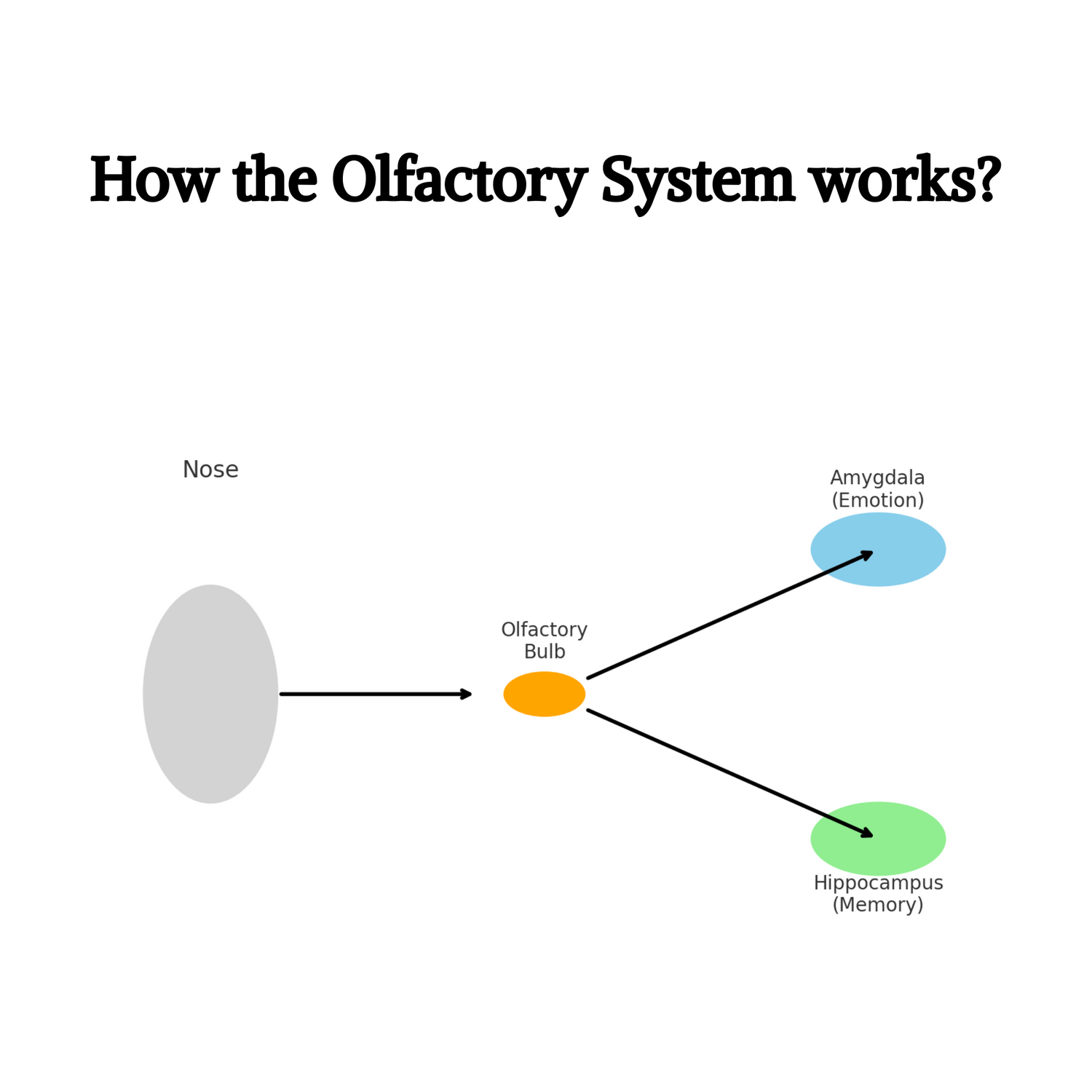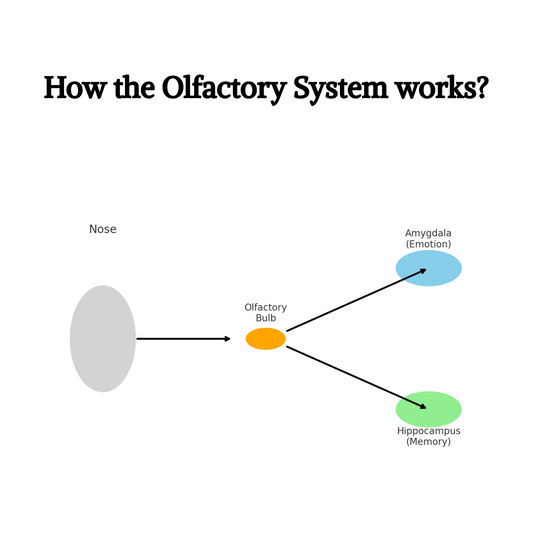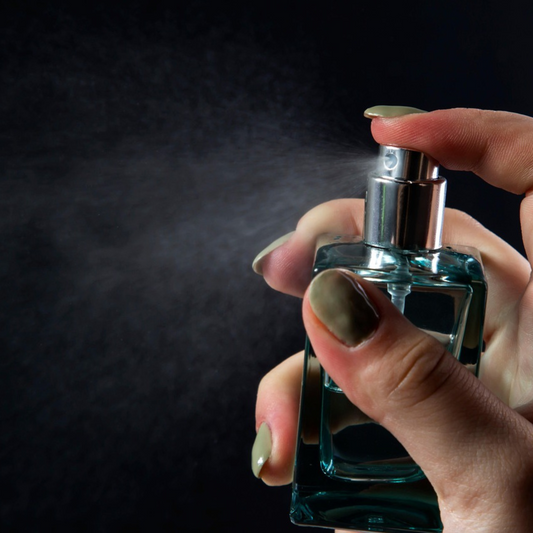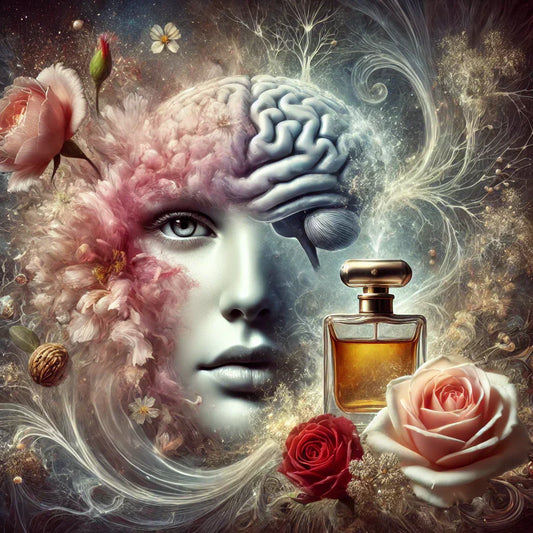So, let’s say you’re spritzing a perfume or walking past a bakery and suddenly — bam — memories, emotions, or even hunger hit you like a wave. That’s your olfactory system in action.
But what exactly is olfactory? Why do people use this term in science, in perfume, and even in fancy food blogs?
Let’s sit down and unpack it together.
👃 “Olfactory” = Everything to Do with Smell
The word olfactory comes from the Latin word olfacere, meaning “to smell.” So whenever you hear someone say olfactory, they’re simply talking about things related to the sense of smell.
In everyday life, we usually say “I smell cookies,” but in science or fragrance circles, we might say, “I perceive a warm, sweet note through my olfactory senses.” Fancy, right?
But behind the word is an amazing, complex biological system that’s constantly at work — even when you don’t notice it.
🧠 How the Olfactory System Works (Without the Textbook Jargon)
Alright, imagine this: inside your nose, there’s a patch of tissue no bigger than a postage stamp. That’s the olfactory epithelium. It contains millions of tiny scent receptors — think of them like little locks waiting for the right key.
Here’s what happens when you smell something:
- Odor molecules (like from a flower, coffee, or perfume) float into your nose.
- They bind to specific receptors — like matching a key to a lock.
- These receptors send signals straight to the olfactory bulb in your brain.
- The olfactory bulb connects to areas responsible for emotion (amygdala) and memory (hippocampus).
Boom — you’re not just smelling something. You’re feeling something. That’s why scent is so personal, emotional, and sometimes even overwhelming.
🌿 Why the Olfactory Sense Is So Unique
Here’s something wild: smell is the only sense that doesn’t stop at the brain’s “filter” (the thalamus) before reaching the emotional centers. That means scents go straight to your feelings and memories — raw and unfiltered.
This is why:
- A scent can make you cry out of nowhere.
- Certain smells transport you to childhood.
- A perfume can remind you of someone — even if you haven’t seen them in 10 years.
🌈 Olfactory in Real Life: Not Just About Perfume
We often hear “olfactory” in the world of fragrance, but it plays a role in so much more:
- Food: 80% of taste is actually smell. That’s why food tastes bland when you have a cold.
- Safety: Smell alerts us to danger — gas leaks, fire, spoiled food.
- Memory & Healing: Therapists use olfactory therapy to help dementia patients recall memories.
- Branding: High-end hotels and boutiques design “olfactory experiences” to build mood and loyalty.
✨ So, What Is an Olfactory Experience?
In short: it’s any sensory moment where scent plays the starring role. That moment when a scent moves you, awakens a memory, or changes your mood — that’s an olfactory experience.
In perfumery, this is everything. An artisanal fragrance isn’t just about smelling nice. It’s about crafting an olfactory journey — maybe one that whispers comfort, confidence, seduction, or nostalgia.
🧠 One Last Thought — You’re Smelling Your World All the Time
Even if you don’t notice it, your brain is constantly sampling the air. Your olfactory system is like an emotional radar — always scanning, storing, reacting.
So the next time someone asks you, “What does olfactory mean?”
You can smile and say:
“It’s the beautiful system that lets you feel the world through scent — instantly, emotionally, and deeply.”
And if you ever want to explore it in luxury form, just start with a fragrance. That’s where the magic lives.



